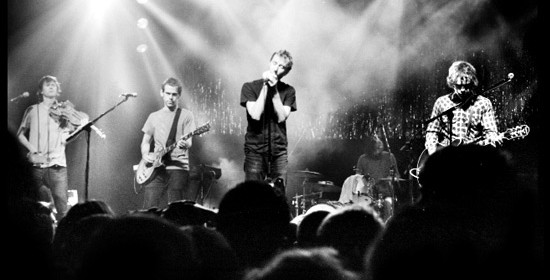For me, fear has always been such an omnipresent and unavoidable participant in life. Between fear and love, there is a constant struggle, a struggle that seems as though it will be ever ongoing, never complete, until the ultimate end. And yet, it has been said that “perfect love casts out fear.” I think we all have an idea of what this means, and simply reading the words provides a certain level of comfort. But how far does this “perfect” love extend, and how permanent is this banishment of fear? Is it truly possible to “cast out” fear while in the transient and shifting world, or is it only a promise for another world to come?
I think it can be both, and that there are often unexplored depths to the profound relationship between love and fear. On a first and fundamental level, “perfect love” refers to God. Since God is love, any genuine display of love reveals part of His nature. Because of this, we can turn to Him and in His presence, experience the divine love, the “perfect love” that is stronger than and has no need of fear. This is the only way in which we can truly vanquish fear, or any kind of evil. By placing ourselves in God’s hands, the fear no longer belongs. It is no longer necessary. We can see clearly the distance between lies produced by fear, and Truth. Within these moments of clarity, fear is exposed for its powerlessness.
Read more







